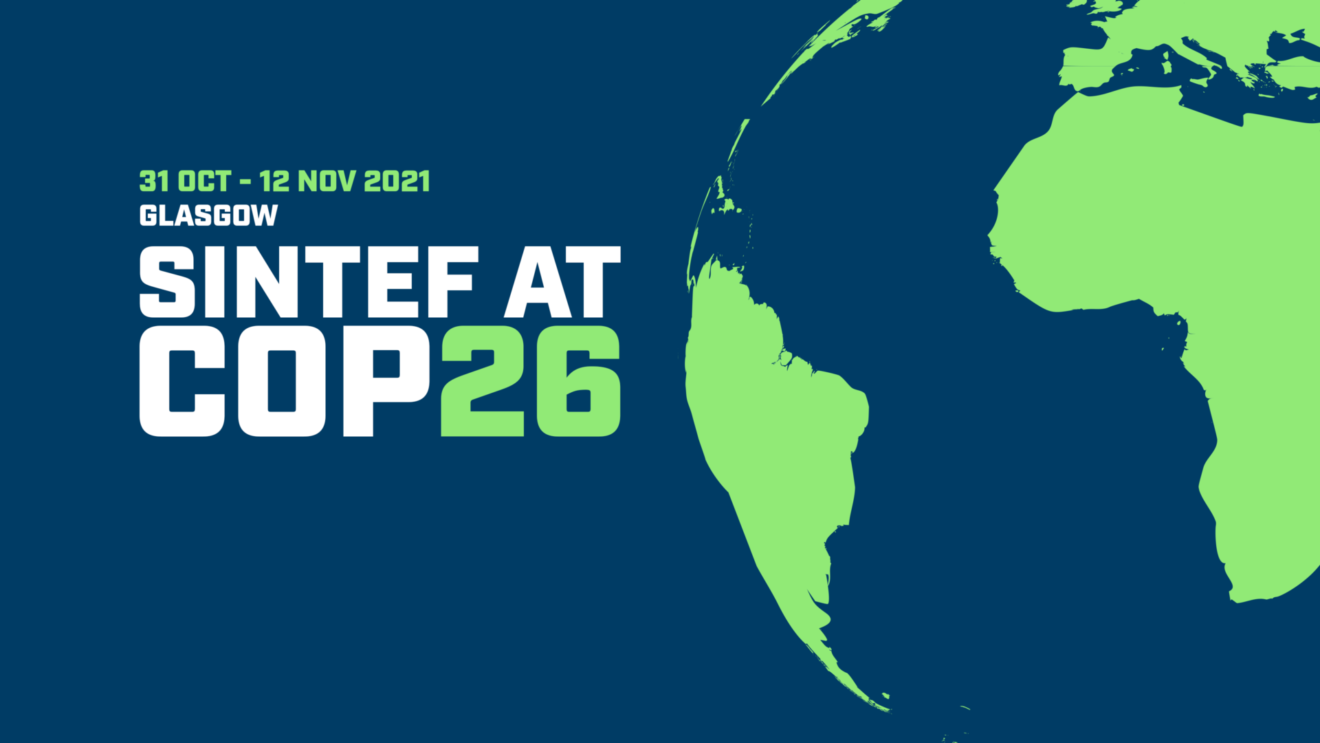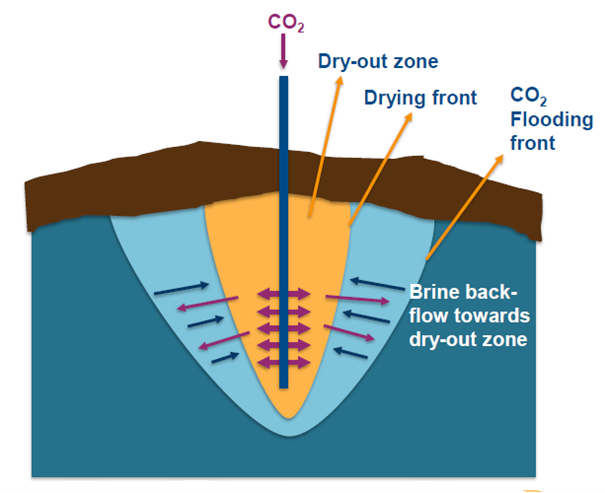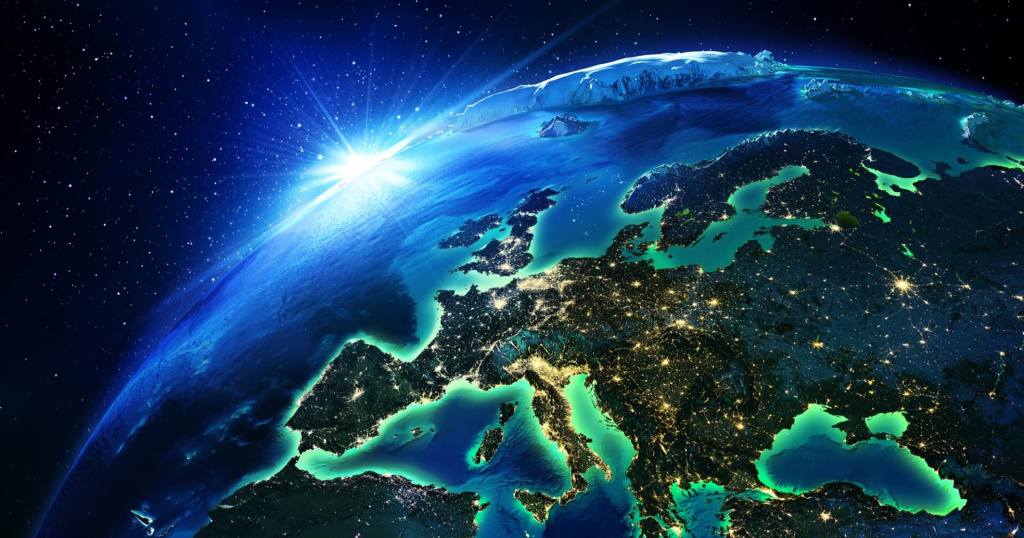|
All eyes are of course on COP26 as we await announcements on the future direction of climate policy for our planet.
|
Centre Director Mona Mølnvik and Leader of the Special Advisory Group Nils Røkke will be representing NCCS at the event "The North Sea as a springboard for the green transition".
|
Find out more details below, along with information on the latest NCCS webinars and blog posts from the Centre.
|
|
On behalf of the NCCS team,
|
|
Amy Brunsvold, NCCS Centre Manager
|
|
|
|
COP26: The North Sea as a springboard
for the green transition
|

|
The nations bordering the North Sea have long benefited from its bounty. Now these countries, along with the rest of the world, are facing a challenge on a scale never seen before. North Sea countries have a unique opportunity to use their knowledge and expertise about the area to implement novel solutions to the climate crisis.
|
The event will present a document co-signed by scientists associated with NCCS and several other FMEs. SINTEF and NTNU will present three recommendations for a green transition in the North Sea and invite panellists to discuss the report and the recommendations.
|
|
|
|
Salt Precipitation Experiments
for Improved CO₂ Storage
|
CO2 sequestration in the subsurface should be undertaken immediately and at large injection rates if we are to fulfil the ambitions stated in the Paris Agreement of limiting the rise in average global temperature to below 2°C. Ongoing research in the Norwegian CCS Research Centre (NCCS) continues to reveal new knowledge that will improve the efficiency of CO2 storage in the decades to come.
|
|

|
One recent learning helps us resolve an instability issue with salt precipitation at specific flow rates. The outcomes should help operating companies adjust their flow rates in order to avoid costly salt-related maintenance work in the future.
|
|
|
|
Assumptions Matter When Assessing
Blue & Green Hydrogen
|

|
Several studies have shown that blue hydrogen will have very low CO₂ intensity and is the perfect companion to green hydrogen in the pursuit of a fully decarbonised energy. So why do some studies claim that blue hydrogen will be 20% worse for the environment than directly burning natural gas? The answer is to be found in the assumptions used in the studies.
|
|
|
|
|
Feel free to share this copy with a colleague or friend.
|
Thank you for reading our newsletters.
Amy Brunsvold, NCCS Centre Manager
|
|
|
|

|
|
|
 
|
|
|